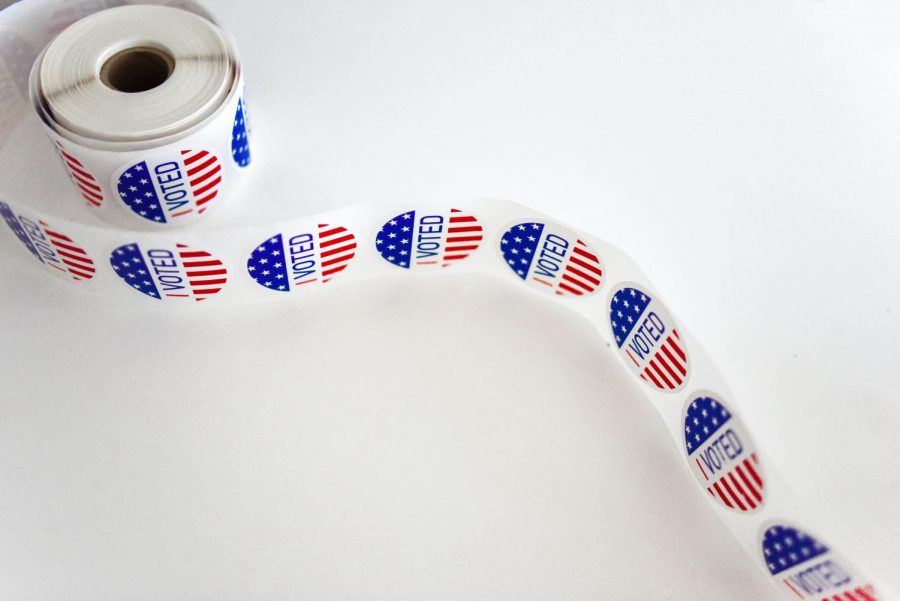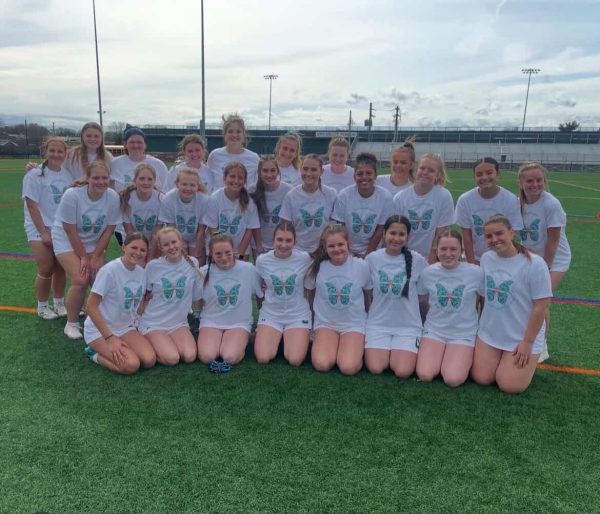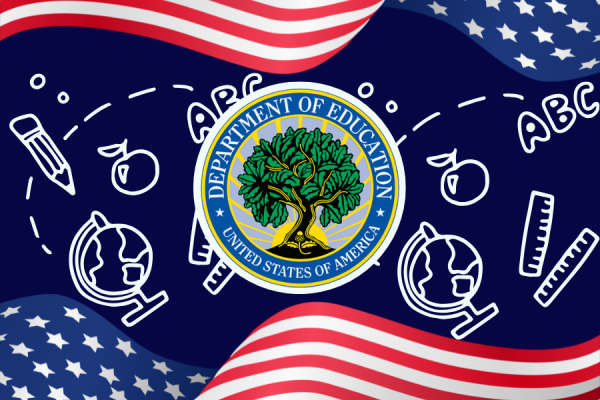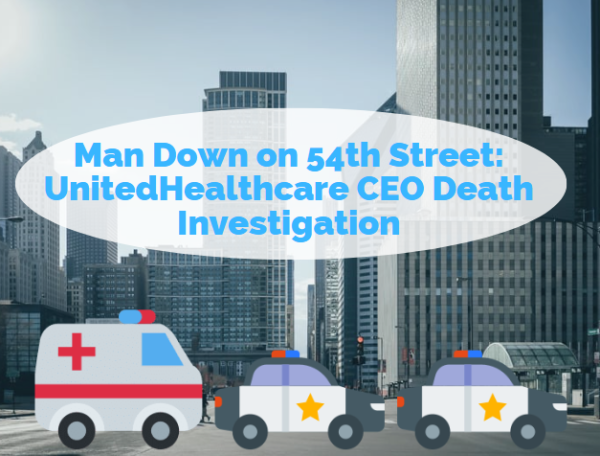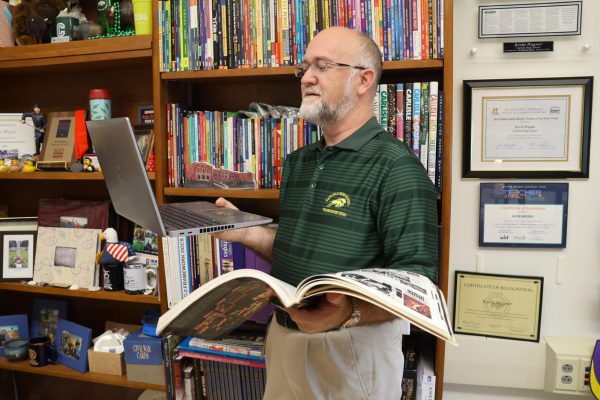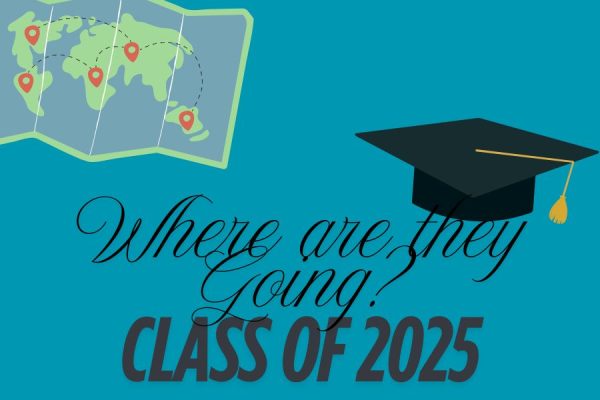100 days of expectations
What do teenagers want to see during the early days of Biden’s administration?
MAKING HISTORY: Carlisle students lined up at the polls this year to make history, showing a record turn out for their generation. But now that the dust has settled, what do they want to see?
On January 20, 2021, history had its eyes on the stairs of the Capitol building as current President Joseph R. Biden and Madam Vice President Kamala Harris took the oaths of office, replacing the 45th President Donald J. Trump and Vice President Mike Pence.
The scene, with all its historic grandeur, was different from past years. Exactly two weeks earlier, this same building was the target of a domestic terror attack and, combined with coronavirus limitations, left an empty stage and limited crowds.
The celebrations were noteworthy, but the new President wanted to make something very clear through all the grandiosity and positive feelings: there is much work to be done to help support our nation, with much of the Inauguration speech focusing on what is to be accomplished within the first 100 days.
Now, weeks after President Biden’s transfer into office, that countdown has begun, and people of all ages are wondering, where will the Biden administration focus their attention? And what do these changes mean to the younger generation?
First, it is important to understand what the first 100 days normally symbolize, about an administration and the country as a whole.
Historically, a new president’s first 100 days is centered around modifying systems set by the old president and addressing the major challenges which face the nation. In the past, this has mostly been seen in the way of addressing poverty and healthcare (like the Obama administration) or tackling economic issues (like the Trump administration.) Looking back into history, the first 100 days define what kind of presidency the new administration is looking to create.
This political divide has been a conflict point for as long as the two-party system has existed. In a study done by Pew Research, conservatives and liberals took to the comment section to leave tidbits of information for people in the other party, talking on what they would like members of the other party to know.
An important statistic to note was how many young people had commented on the Pew site, giving rise to this question: What would the next generation of voters like to see in the first one hundred days?
Carmen Hershey is a CHS senior who cast her vote in the 2020 election. Describing herself as an “active and registered Democrat” who cast her ballot for Biden in her first time voting, Hershey was excited, yet nervous about the outcome due to Carlisle’s divided political presence.
“I thought Carlisle was mostly Republican,” Hershey said, “so I was pleasantly surprised that the borough actually went blue this year.”
When asked about what she wanted to see in the first one hundred days, a “fast vaccine rollout!” was Hershey’s enthusiastic response.
Danielle Fevola also voted in the 2020 election and had a lot to say on peace in the current political setting. When asked about her voter status, she is a registered non-partisan voter, describing herself as being “in the middle” on the political spectrum.
“Honestly, I just like there to be peace,” the senior said. “I’m sure with Biden in office controversy will settle down and people might have more respect for each other.”
Wrapping up her remarks, Fevola said that her main concern is to stop the fighting and have both sides listen to one another.
“That’s the only way things can get done,” Fevola said.
Want to help the Herd? Please consider supporting the Periscope program. Your donation will support the student journalists of CHS and allow us to purchase equipment, send students to workshops/camps, and cover our annual website hosting costs.
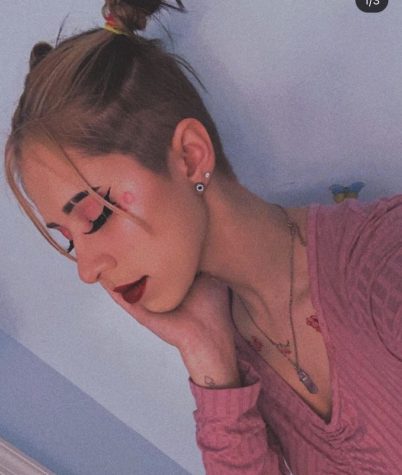
Martin is a senior at Carlisle, with the 2020-2021 school year being their first year on the Periscope team. They enjoy writing in their free-time and...




























































































